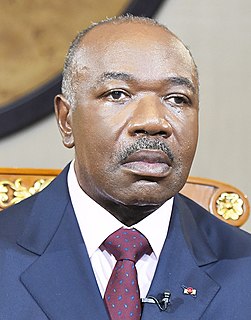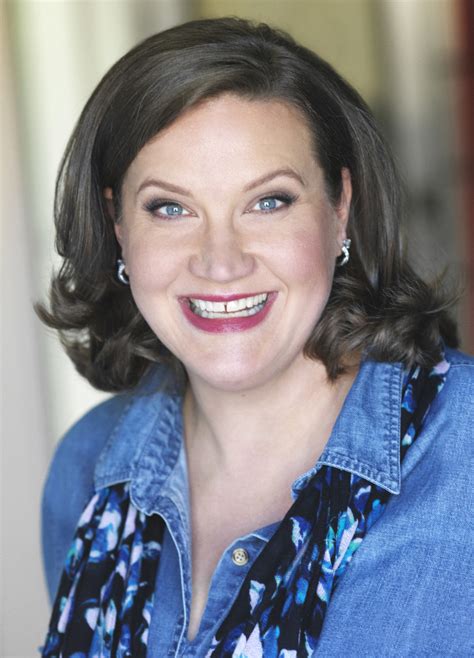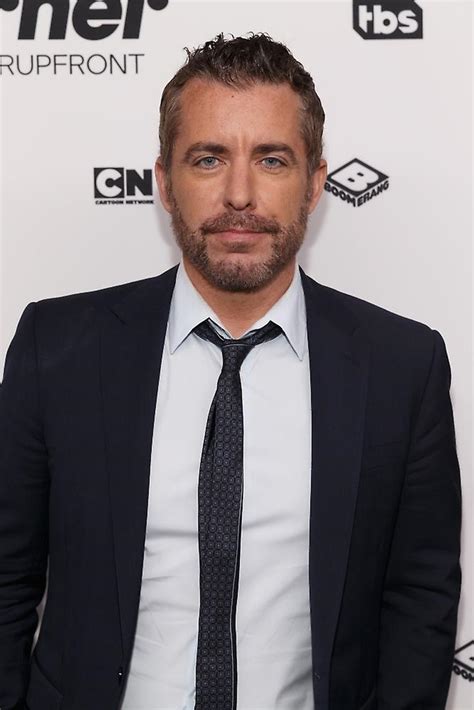A Quote by Aja Naomi King
It's such a big deal, the notion that these enslaved Africans had marriages and children... because therein lies our humanity, our capacity for love.
Related Quotes
Blacks were not enslaved because they were black but because they were available. Slavery has existed in the world for thousands of years. Whites enslaved other whites in Europe for centuries before the first black was brought to the Western hemisphere. Asians enslaved Europeans. Asians enslaved other Asians. Africans enslaved other Africans, and indeed even today in North Africa, blacks continue to enslave blacks.
We are children, perhaps, at the very moment when we know that it is as children that God loves us - not because we have deserved his love and not in spite of our undeserving; not because we try and not because we recognize the futility of our trying; but simply because he has chosen to love us. We are children because he is our father; and all of our efforts, fruitful and fruitless, to do good, to speak truth, to understand, are the efforts of children who, for all their precocity, are children still in that before we loved him, he loved us, as children, through Jesus Christ our lord.
We have never invested as much in public education as we should have because we've always had a private notion of children. Your kid is yours and totally your responsibility. We haven't had a very collective notion of these are our children. So part of it is we have to break through our kind of private idea that kids belong to their parents or kids belong to their families and recognize that kids belong to whole communities.
At some point, we have each said through our tears, “I’m suffering for a love that’s not worth it.” We suffer because we feel we are giving more than we receive. We suffer because our love is going unrecognized. We suffer because we are unable to impose our own rules. But ultimately there is no good reason for our suffering, for in every love lies the seed of our growth.
There is much made in the psychological literature of the effects of divorce on children, particularly as it comes to their own marriages, lo those many years later. We have always wondered why there is not more research done on the children of happy marriages. Our parents' love is not some grand passion, there are no swoons of lust, no ball gowns and tuxedos, but here is the truth: they have not spent a night apart since the day they married.How can we ever hope to find a love to live up to that?
So often times we see these films that erode human dignity...films that deny the transcendent moral order of the moral universe. They're always eroding natural affections for families. Fathers betray their commitments, children's are always portrayed as brats and disobedient, marriages are always in crisis and struggle. I think (for) most of us, that's not the lives we live. We're always being challenged, we always have challenges but we love our families, we love our spouse, we love our children.
We are not commanded (or forbidden) to love our mates, our children, our friends, our country because such affections come naturally to us and are good in themselves, although we may corrupt them. We are commanded to love our neighbor because our natural attitude toward the other is one of either indifference or hostility.
The notion of "humanity" as a form of transcendence derives, I think, from the conviction that intellectuality possesses an absolute power, from the demand that our best behavior depends on our ability to think abstractly, in terms of a universal rule, about something called humanity, that we need to understand humanity abstractly so that we can act responsibly towards those who represent it.




































